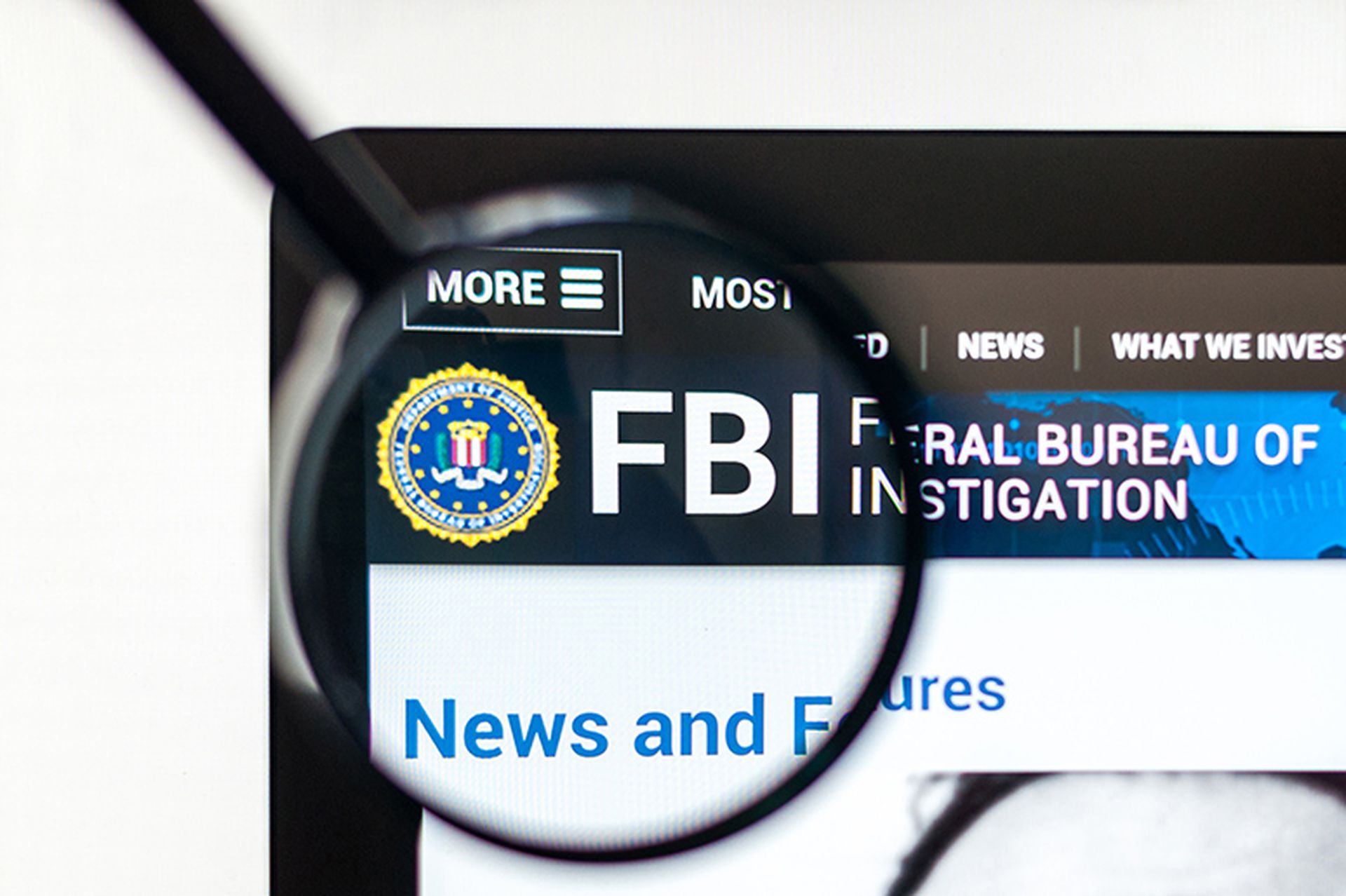As events in the Middle East continue to unfold, we can assume that almost every person in the world has seen images of the war happening in my home country of Israel. As a veteran of the Israel Defense Force’s Unit 8200 and the CEO of Sentra, an Israel-based cybersecurity company, I firmly believe that cybersecurity firms hailing from Israel place a strong emphasis on the national security of the country.
Today, the digital world has become the newest theater of war. We’ve seen this increase in recent years as governments, malicious organizations, and individual actors have conducted cyberattacks on public and private infrastructure.
With this latest terrorist attack by Hamas, we are now experiencing a turning point where we bear witness to one of the most horrific and largest attacks targeting civilians. These terrorist attacks are being broadcast live on social media, with individuals documenting the occurrences from both the perspectives of the victims and the terrorists.
How to assess the impact of potential threats
For better or worse, cybersecurity has become a part of warfare. The same way that a terrorist can attack with drones, foot soldiers or tanks, computers are now often the weapon of choice. The ongoing conflict in Israel showcases how it’s no longer just about protecting borders or people, now countries must also protect their digital systems.
Picture this: beyond targeting military facilities, terrorists have the ability to cripple hospitals, disrupt energy supplies, or disable communications. Cyber warfare is real, and it's only a matter of time before these capabilities are employed during times of war.
Our daily lives are rooted in digital infrastructure from how we work to how we interact with one another. As a result, it’s highly likely that Israel’s digital infrastructure will be targeted in an act of cyber terror as we enter the next phase of fighting that began on October 7th.
It’s also worth noting that cybersecurity knows no borders. And it’s not just Hamas that Israel needs to monitor. This war gets viewed in real-time by anyone and everyone with a mobile device. Fake news, disinformation and everything else that has become commonplace in recent years has already flood social media, making it harder than ever to tell fact from fiction.
This makes defending access points increasingly difficult as hackers can attempt to target the systems of anyone they deem a target, whether that’s an individual, Israeli companies, or critical infrastructure. Attackers can orchestrate these types of terror attacks from anywhere, whether within Israel’s borders or from half a world away.
Amid the chaos of physical warfare, enemy combatants may try to sneak malicious malware into government or organizational systems via weakened or unmonitored access points. This malware can lay dormant until after the conflict has subsided to wreak further havoc even after the physical war has ended. The risk of this type of attack continues to grow as people become distracted by other priorities, opening new points of entry for attacks. These access points need to be locked down before they can be used.
How can the cyber industry help?
When thinking about how the private sector can serve, it’s important to note that even cybersecurity companies are prime targets for cyberattacks. Just days into the conflict, hackers have attacked the Jerusalem Post and the RedAlert app, which alerts users of rocket launches. Cyberattacks are a real risk for all industries, especially for those that aren’t able to invest heavily in security solutions.
We have an opportunity to address this. Israel’s culture places a high emphasis on solidarity. The technology community should come together to communicate the risks we all face as a result of this conflict, whether physically or digitally, and work to develop solutions that protect against these kinds of terror. This can range from attacking organizational structures, banks, and hospitals, all the way to the disinformation we’re seeing on social media. We have the technology to counteract these types of attacks, and as an industry, it’s never been more important to share our collective knowledge and experience with our larger community to aid in Israel’s defense.
In response to these types of attacks, the Israeli cyber community has already stepped in and offered support. Late last week, a group of Israeli cyber professionals began providing free cybersecurity services to companies and organizations at risk of being targeted by hackers. This type of work needs to continue, especially as organizations adjust to reduced workforces as a result of employees being called up for active service.
While Israel may have been caught off guard physically when our countrymen and women were attacked in recent days, the need for vigilance in the digital world is very critical now.
The Israeli cybersecurity community has built a reputation for innovation, adept problem-solving, and the ability to swiftly adapt to emerging challenges. We must make collective collaboration within our community and beyond a top priority. The situation we're witnessing doesn't impact Israel alone — cyber warfare knows no borders. It's crucial for us to unite and devise innovative solutions for this new era of conflict, where any device can become a weapon.
Yoav Regev, co-founder and CEO, Sentra




